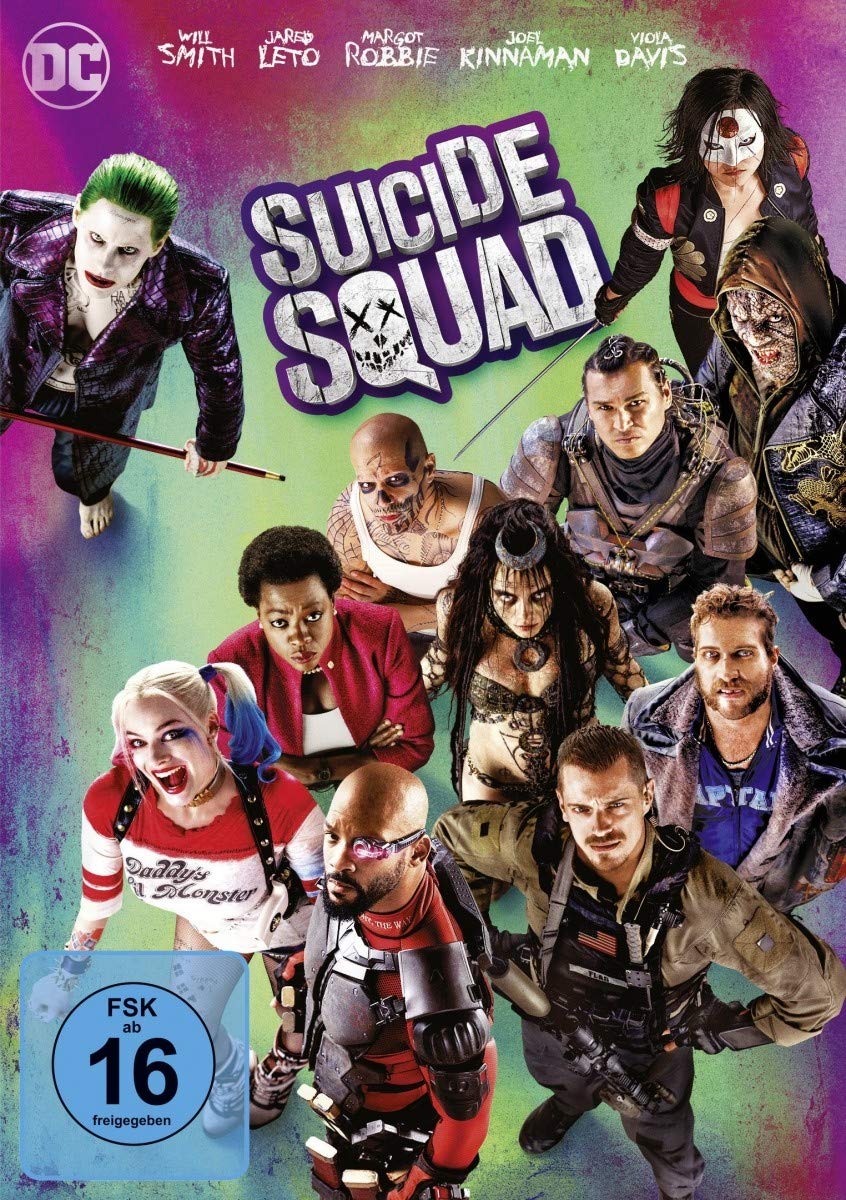
Introduction
The Suicide Squad, a dynamic group of antiheroes from DC Comics, continues to play a vital role in contemporary pop culture and cinema. Originating from comic book lore, the Squad’s stories often tackle themes of redemption, morality, and representation, making them a complex addition to the superhero genre. Their rise in popularity parallels the broader trends in entertainment that embrace flawed characters and morally ambiguous storytelling.
Recent Developments
The cinematic portrayal of the Suicide Squad has been significant, especially with the release of James Gunn’s 2021 film ‘The Suicide Squad.’ This film, a standalone sequel to the 2016 version, received critical acclaim for its character depth, humor, and innovative visual style. The ensemble cast, featuring Margot Robbie as Harley Quinn and Idris Elba as Bloodsport, has garnered attention for their performances and the film’s exploration of group dynamics. The movie also reestablished the potential for the franchise, leading to discussions about upcoming projects and spin-offs.
Moreover, the recent success of related series, such as ‘Peacemaker’ on HBO Max, has reinforced the Squad’s relevance in the current entertainment landscape. This series further develops characters introduced in the film, showcasing their struggles and providing audiences with deeper connections to these supposedly villainous figures.
Significance for Fans and Future Prospects
The Suicide Squad resonates strongly with fans as it caters to a diverse audience, celebrating characters often overlooked in traditional superhero narratives. Through its mix of chaos, humor, and emotional depth, it invites viewers to reconsider their definitions of heroism and villainy. As a result, the Squad’s influence can be seen across various media, from comics to television, illustrating the ongoing evolution of superhero stories.
Looking ahead, the future of the Suicide Squad seems promising. Announcements regarding potential sequels and spin-offs indicate that Warner Bros. recognizes the franchise’s potential to attract audiences. Additionally, the growing presence of antihero narratives across multiple platforms suggests that the Suicide Squad will continue to thrive as a cultural phenomenon.
Conclusion
The Suicide Squad embodies the changing landscape of superhero narratives by embracing complexity and moral ambiguity. Its continued success serves as a reminder that in a world filled with black-and-white characters, audiences crave depth and relatability. As the franchise develops, it remains to be seen how it will further challenge and entertain viewers while continuing to reflect contemporary societal themes.



